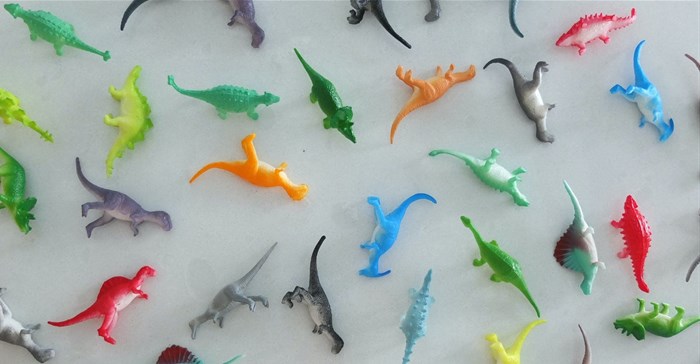






For decades, leading marketing companies have prided themselves on the ongoing discipline of the regular presentation of their annual or quarterly tracking studies, which have supplied key brand performance metrics to their marketing teams.
However, many of these studies were first commissioned long before the days of digital research, which explains why, despite digital research being undeniably faster, better and cheaper, marketers haven’t switched. Because changing the method of data collection and sample design could, unfortunately, change the study findings, so that they are no longer comparable with previous waves.
As a result, marketers, nervous about taking the leap, have continued to support lumbering research programmes conducting face-to-face interviews, at great cost. Over the years, response rates for face-to-face interviews have plummeted, often falling to less than 10% of the initially targeted respondents, due to security concerns of allowing a stranger into their homes, making the research findings increasingly unrepresentative – a fact not often shared with clients of marketing research companies
It has now been some months since marketers have had access to the findings of research studies previously regularly conducted on their behalf using personal interviews, which have been paused because of Covid-19. In addition, focus groups have also withered on the vine, depriving marketers of a fast, but expensive, dipstick into the consumer mind. Social distancing equals the end of focus groups.
It is clearly unacceptable for any marketer to make strategic decisions based on a thumbsuck, so what is the alternative? Digital data collection is the obvious solution. Yes, the data might well yield different results compared to personal interviews, due to improved sampling frames, but any researcher worth their salt will be able to compare the data in an appropriate manner, so as to identify the reason for differences due to the data collection method.
In traditional research, respondents were often restricted to major metropolitan areas, for reasons of cost, with the result that the marketer was unable to obtain a nationally representative view of their market. Using a digital panel, no such restriction applies. Nationally representative samples stratified in terms of gender, socio-economic status, race, age, region, etc, are regularly deployed, yielding a far more comprehensive snapshot of the national picture.
The cessation of studies using face-to-face interviews should be treated as an opportunity, not a problem. It is no longer possible, let alone necessary, to subsidise the wages of field workers, field managers, coding departments, or data capturers. Nor is it necessary to support the crippling overheads of large offices for research companies, or the remuneration of multiple layers of management, ranging from local to international. In today’s world, digital companies run lean and mean, with a minimum of overhead costs to pass on to the client.
We know you will miss seeing your favourite client service team from a traditional research house – even dinosaurs can be lovable. But think of the brave new world of faster research, more representative samples, accessing your data in real-time, rather than waiting for the results in three months’ time, and saving a bucket of money. Go on, take the leap! You won’t be sorry.
